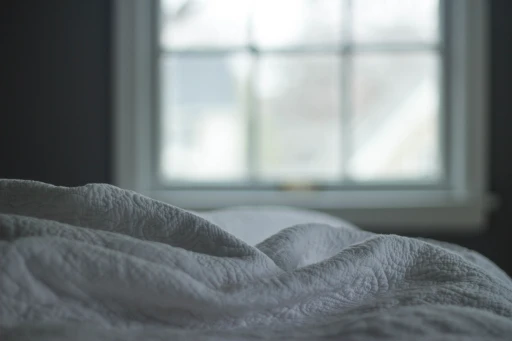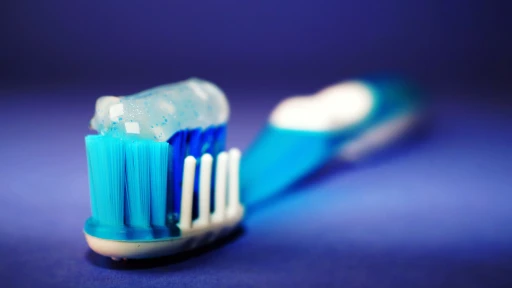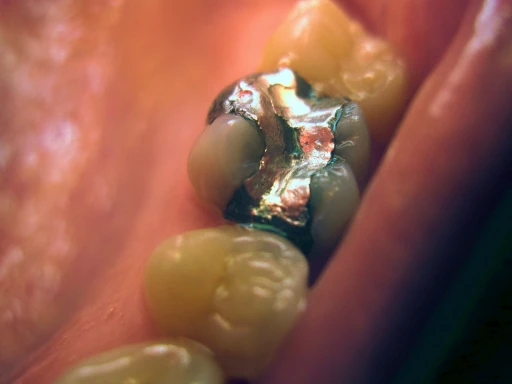You may not have heard of Sleep Disordered Breathing but unfortunately 9 out of 10 children suffer from one or more of the symptoms related to Sleep Disordered Breathing (SDB).

You may not have heard of Sleep Disordered Breathing but unfortunately 9 out of 10 children suffer from one or more of the symptoms related to Sleep Disordered Breathing (SDB).
What is Sleep Disordered Breathing?
The symptoms associated with SDB can vary from one child to the next, but even mild SDB (mouth breathing, crowded teeth, snoring) can point to serious underlying health issues and the need for treatment.
20+ years of research ties SDB to crooked and crowded teeth, arrested growth and development, behavioral challenges which can have a similar appearance to ADD / ADHD and even Bed-Wetting.
Why are so many children developing SDB?

Extended Bottle Feeding and Pacifier Use (longer than 6 months) + Lack of Breastfeeding cause poor Tongue Position and Abnormal Swallowing
Soft Diet
Sugar/ Processed Foods can have an effect
Poor Oral Habits (thumb / finger / lip sucking, tongue thrust, etc.) sucking, tongue thrust, etc.)


A compromised airway causes—
Restricted Airflow
Reduced Oxygen / Increased CO2
Impaired Brain Function / Immune & Endocrine Systems
Swollen Adenoids / Tonsils
Low Tongue Position / Tongue Thrust
Underdeveloped Dental Arches
Overjet / Open Bite
Cross Bite


Sleep Disordered Breathing Causes —
Restless Sleep / Arousals
ADD / ADHD
Bed Wetting
Chronic Allergies
Nightmares
Daytime Drowsiness
Aggression / Defiance / Anger
Difficulty in School
Frequent Infections
Result of Pacifier and Prolonged Nipple Bottle Use and Resulting Finger Sucking

The main issue for many children suffering from the effects of Sleep Disordered Breathing is a compromised airway. When a child’s airway is narrow, underdeveloped or constructive in any way, the child will struggle to receive enough oxygen at night and may resort to mouth breathing which compounds this issue.
An open airway increases the oxygen the child receives to the brain which restores the brains function for the next day. This in turn leads to an improved immune system, hormonal system and an overall healthier child.
Mouth Breathing While Sleeping Causes Airway Constriction and Does Not Improve in 82% from 2 to 12 Years of Age.

How Can I Tell If My Child Has Sleep-Disordered Breathing?
If you notice that your child exhibits any of the following system symptoms the underlying cause maybe improper jaw development which in turn can lead to a constricted airway.
Crowded teeth
Mouth breathing
Loud snoring
Gasping and snorting sounds while your child sleeps — These sounds stem from your child moving from a deeper sleep to a lighter sleep (towards waking up) and struggling to breathe
ADD / ADHD
night terrors
chronic allergies
bed wetting
headache
poor performance in school
What can you do if you suspect your child might have a compromised airway or Sleep Disordered Breathing?
For many years these problems have gone undetected or misdiagnosed and included treatment options such as prescription drugs, surgery, clinical therapy, academic tutors, and many years in braces contributing to self-esteem and maladjustment issues in children.
None of these conventional treatments can promote or develop a child’s airway and help them get the oxygen and sleep they need to be healthy.
However, today, if caught in time orthodontic and jaw development problems can be corrected before the onset of larger health issues, often preventing the need for invasive medical intervention and the need for braces or corrective orthodontic appliances in the future.
If you notice that your child exhibits any of the above symptoms then we encourage you to check with you Dental or Orthodontic practitioner to see if the underlying cause is potentially a constructed airway.
At as early as two years old your child can be diagnosed and treated easily with an appliance worn overnight that encourages:
proper tongue placement (toward the roof of the mouth)
proper tooth alignment (even before permanent teeth come in)
proper jaw development.

This approach can drastically improve your child’s sleep habits including sleeping deeper and longer, reaching longer REM sleep, less waking and feeling more rested.
Higher quality sleep will often improve or eliminate the symptoms of sleep deprivation such as those observed with ADD/ADHD, behavioral issues, snoring, mouth breathing etc.
The biggest challenge is to catch the problem early so that you may save your child years of discomfort and give them the gift of restorative sleep.
When children are treated early with the HealthyStart™ appliance, it treats the root cause of SDB, correcting bad oral habits, naturally promotes growth and development of the jaw and airway, resulting in straight teeth and good health for life!!
Sources:
Bergersen, Earl O. “What Is Sleep Disordered Breathing?” Healthystartkids, 1 Jan. 2016, www.thehealthystart.com/list/sleep-disorder.







